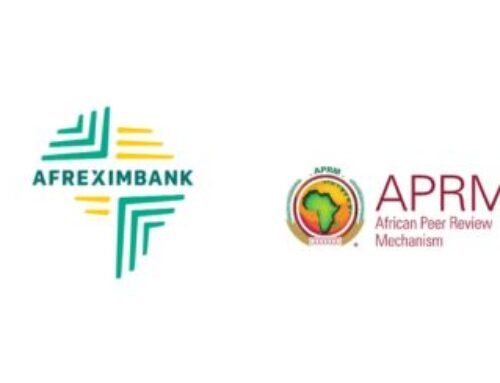
A debt crisis is ravaging what has been dubbed the “global south.” According to the IMF more than half of all low-income countries in sub-Saharan Africa are already in or at high risk of debt distress.
After a long lull during the era of low interest rates, sovereign defaults have picked up again. Having been courted by global investors for over a decade, African frontier market sovereigns are now largely locked out of the market to issue new international bonds. For hard currency bonds, the average yield on the S&P Africa Sovereign Bond Index is running at 13 percent, from below 9 percent three years ago.
When listening to African politicians, the culprits are quickly identified: rating agencies. A wave of downgrades has hit African sovereigns since the pandemic struck the world economy.
Finance ministers are rarely ecstatic when their credit rating is being slashed. Their reflexive reaction around the globe has become a bit of a cliché: the agencies do not appreciate the country’s strengths and anyway suffer from home bias. African officials are no different. Ghana’s outspoken finance minister, Ken Offori-Atta, asked in 2020 in the Financial Times whether “rating agencies [are] beginning to tip our world into the first circle of Dante’s inferno?” Senegal’s president, Macky Sall, took a similar line when speaking in his role as chair of the African Union,stating that “the perception of risk continues to be higher than actual risk.” The UN has implausibly argued that had the rating agencies applied “objective” ratings,African countries could have saved a staggering $75 billion in debt service costs. The African Union wants to set up an African rating agency to right the wrongs.
Agencies would contest the bias claim. They argue that they apply a common set of criteria to all sovereigns, from Canada to Cameroon. Still, the agencies’ methodologies leave a lot of room for discretion and opinion, for example, when assessing the strength of institutions and the predictability of policies. Therefore,frustrated finance ministers in frontier countries could have a point lamenting discrimination. But do they?
Let’s recall what the rating agencies’ narrow job description actually is. They exist for the sole purpose of ranking debtors by the relative risk of default. The rating is a shorthand for the expected probability of a sovereign missing a debt payment. With this in mind, answering the question of whether an anti-African ratings bias exists is actually not very hard. In a world of perfect ratings, the probability of default of all B-rated sovereigns, to pick an example, should be the same irrespective of the countries’ geography or culture.
Ratings are opinions about the likelihood of default. As the future is unknown, the claim that an inherent bias exists in the current rating cannot therefore be objectively confirmed or rejected. Only the future will tell. But we can look into the rear-view mirror and assess the comparability of sovereign ratings.
Examining observed default episodes that have occurred in the past, we can compare the ratings that had been assigned prior to the default. If B-rated African sovereigns would have been less likely to default within, say, a five-year period than B-rated sovereigns elsewhere, the agencies would indeed have scored African sovereigns unfairly. If, however, the observed default probabilities are identical,then everyone has been rated equally. Nothing to see here; move along.
Digging through the data of S&P Global offers surprising findings. Sub-Saharan African sovereigns rated in the B category between 2010 and 2023 defaulted in 22 percent of all cases within five years. The respective global number stands at a long-term average of only 16 percent. Over at Moody’s, the observed default ratios look similar, at 30 percent for sub-Saharan African sovereigns and 15 percent for its global average.
The default data shows that the default rates of African sovereigns are higher at each rating level than those of their global peers. Africa’s ratings have been too high, not too low. The actual, objectively observed bias in sovereign ratings has been in favour of Africa.
This is not to belittle the severity of the debt crisis ravaging the continent and the consequent setback in its quest for progress and poverty alleviation.
However, the data shows that much of the African criticism of credit rating agencies is red herring. The agencies are convenient scapegoats. African leaders should focus instead on pushing for faster debt restructuring mechanisms. Progress in this area has been at a glacial pace. Each day that goes by without removing the debt overhang intensifies the social and economic crisis in Africa.
Author: Moritz Kraemer – Chief Economist at German bank LBBW and former chief ratings officer at S&P






Leave A Comment